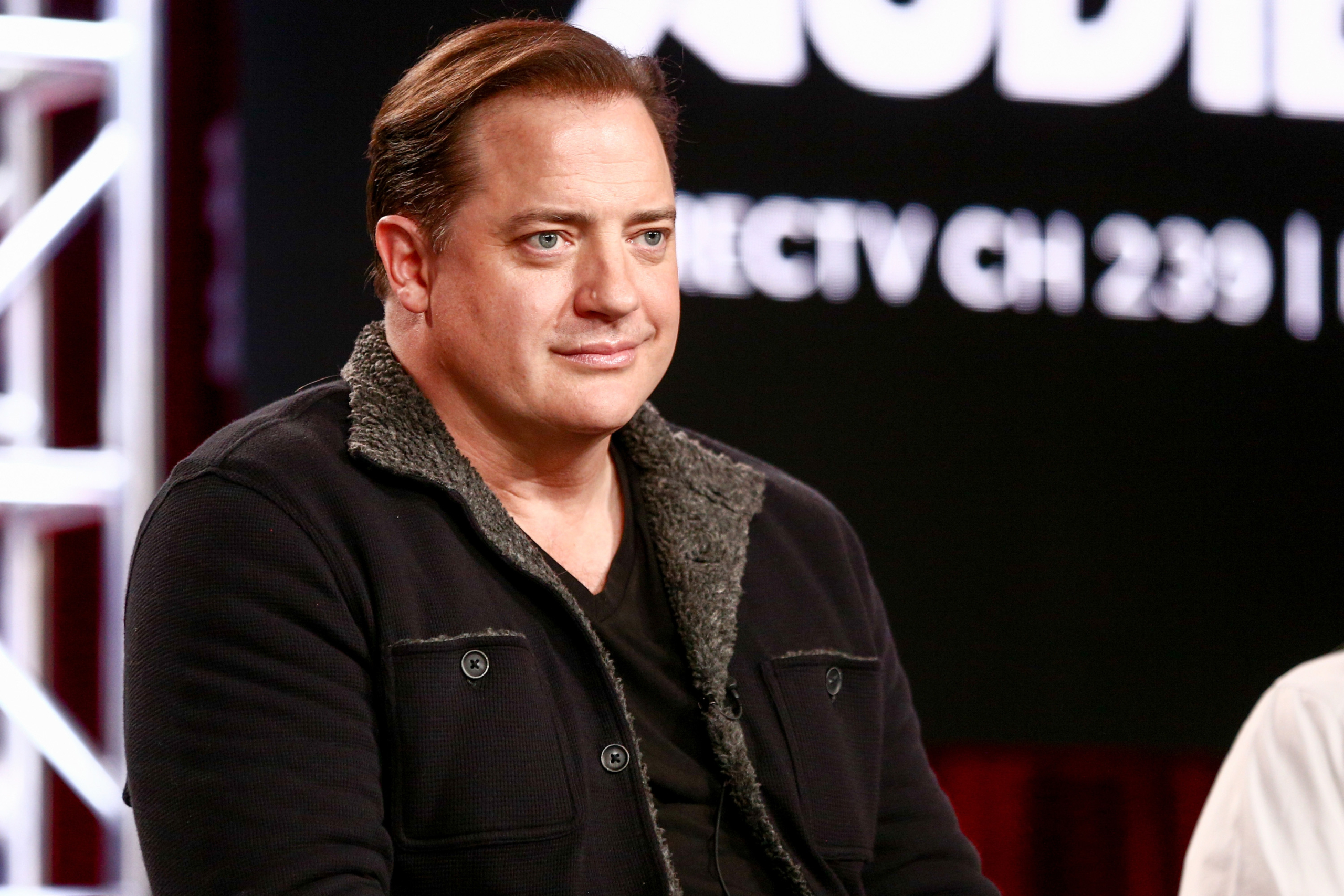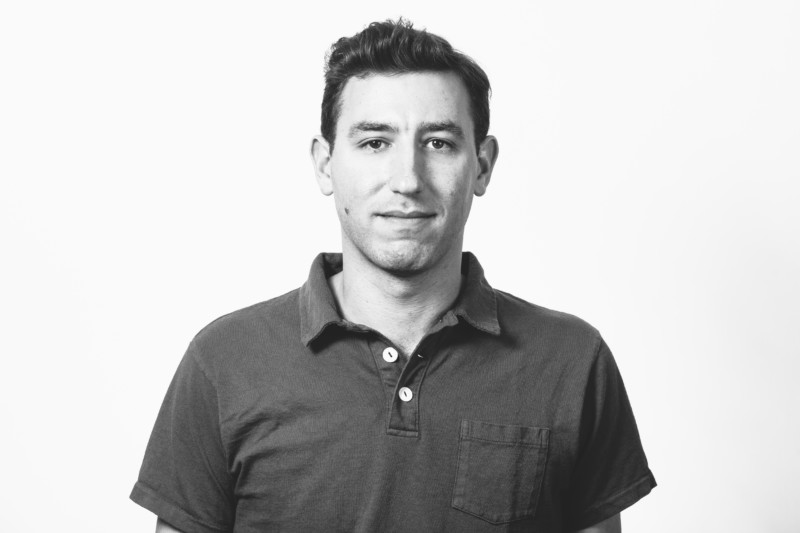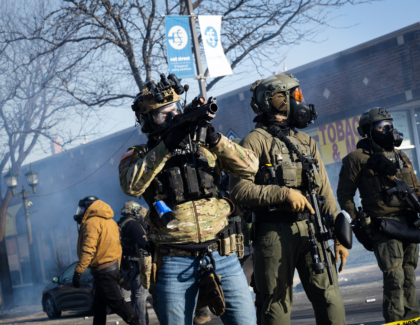Sign up for the daily CJR newsletter.
Zach Baron knew Brendan Fraser wasn’t telling him something.
“I spent a lot of time with him,” the GQ staff writer says. “You can sometimes intuit when people tell you a narrative, but it doesn’t have all the facts in it yet.”
Baron’s profile of the actor was only days away from going to press when the actor called him “out of the blue.” Fraser disclosed an incident involving Philip Berk, a former president of the Hollywood Foreign Press Association, the organization behind the Golden Globes. Fraser alleged Berk groped him at an HFPA luncheon in 2003. Although iterations of the incident had been detailed before in The New York Times and in Berk’s memoir, Fraser had never spoken about it publicly. (Berk told GQ via email: “Mr. Fraser’s version is a total fabrication.”)
ICYMI: The story BuzzFeed, The New York Times and more didn’t want to publish
Baron rushed to update the Fraser profile before it appeared in print. The piece explains how the Berk incident—along with injuries sustained throughout his acting career and other misfortunes—contributed to the decline of the once-ubiquitous movie star’s career. “What Ever Happened To Brendan Fraser?” is GQ’s highest single-day trafficked article ever, the magazine tells CJR. In one day, it amassed 1.1 million unique views.
CJR spoke with Baron about his reporting process, making last-minute changes to his profile, and the article’s reception. The conversation has been edited and condensed for clarity.
When did you first get into contact with Fraser? Why did you decide to profile him?
We first reached out to him in February 2017 (before the actor’s role in the upcoming FX miniseries Trust was announced). He was interested but a little wary. He hadn’t done anything like this in a long time and was nervous about being rusty, to be honest. If you’re a public figure like him who has been doing this since 1992, you’re not naive about what a big magazine profile is. You have a good idea of how much you’re going to have to give and what kinds of questions you’re going to be asked. I think he is a congenitally honest person, and it took a little while for him to get used to the idea of talking to somebody in the way that it’s going to require.
Magazines are good at writing about people when they’re on their way up and when they’re on top. I’ve always thought there were interesting stories to be told about people post-peak, but not at the bottom, where they are on the back burner. That’s an unexamined moment in a lot of lives. I was curious what had become of Fraser.
I think sometimes when you’re talking to someone, you can tell that maybe there’s one more thing they’re not saying. That was the case here.
How did you deal with the challenge of finding something new about someone who has been written about so much?
I prepare for every story the same way, which is by watching everything and reading everything. In his case, it was a lot. I watched every film he was in, and I read every piece of press I could locate. A lot of the stuff he did in the ’90s was lost or hard to find. When you do that kind of preparation, it becomes the opposite of intimidating because you see all the gaps and stories that haven’t been told. You start to say, Oh, there’s a lot that I haven’t heard about, that nobody seems to ask him about. You find out there’s a lot to discuss.
Then you start thinking about what you want to ask and what about him you are interested in. He was on the cover of GQ in the ’90s, but I don’t think he was seriously written about after 2003.
ICYMI: “I don’t want any writer to have to feel how I felt”
How far along was the story when Fraser called you and disclosed the groping incident?
The story was on proof, meaning it was set to go to the printer within a few days. Luckily, we are a monthly print magazine, but we can move quickly when we need to. It was a Friday before the story was supposed to ship on a Monday or Tuesday. There was a draft of the story that was totally written before he called. It was very close to our deadline, which he understood, but obviously it was super important for both of us that we get it into the story.
Did the disclosure heavily impact your profile?
I think I got lucky, in a way; a bunch of other things besides the alleged assault happened to Brendan over the years. I think sometimes when you’re talking to someone, you can tell that maybe there’s one more thing they’re not saying. That was the case here. It was half dumb luck and a little intuition. The story was written in such a way that when he called me back, the story already had the feeling and sound of something in which that information would work. The story seemed to be nodding to something like that, even though I didn’t know it yet. So I could basically write the new section as he gave it to me without having to touch most of the rest of the story. What you see there is pretty much how it was written prior to that phone call. We pulled a photo or two to make room for the text.
It turns out this incident has been written about. That stuff had been out there, but it was a different era and Brendan had never confirmed or denied it. I don’t think people necessarily understood what the story was until Brendan, years later, decided to tell it.
How do you feel about the positive feedback to the piece?
I think that’s a credit to Brendan. A lot of people are responding to the fact that he’s a unique, fascinating individual who opened up a vein about something that has haunted him for a long time and, in my opinion, was admirably courageous about it. They are reacting to the same thing I’m reacting to: This guy is a really interesting person who has been carrying around a lot of sadness about multiple things that happened to him and is as honest and himself about that stuff as he is as everything else.
Many people on Twitter are talking about the heartbreaking moment when he gets emotional while talking about those misfortunes. And then he says, “I think I just need to let some arrows fly,” and shows off his archery skills.
Again, I can’t really take credit for the fact that he disappeared and came back wearing a full quiver of arrows. That is Brendan Fraser. I’m just relaying that to the rest of the world. I was just as amazed, entertained, and weirdly touched as anybody else would be reading about it. That was me in the moment. I was like, I can’t believe this is happening. Although, he is a very talented archer, I should say that for the record.
Are you a talented archer?
I did shoot the bow. I eventually made contact with the target, but never a bullseye. He had a wussier bow for me cause the pull on his is very intense and scary. As a child, I was lucky enough to have fired a bow and arrow once or twice—I would not describe myself as a master archer, but the principal is pretty simple. I was mostly just worried about flaying my arm with the bowstring, but he was very kind about showing me how not to do that. His bow was a compound bow, which is super powerful. But he had a more gentle one on his back porch that he allowed me to use after I balked at trying the compound one. I’d say the first three arrows went either short or way long, and then maybe the fourth got some modest shred of the giant target we were shooting at.
ICYMI: The Wall Street Journal unleashes a bombshell report
Was there anything that ended up on the cutting room floor?
I remember going over my transcript of his Brett Ratner encounter again and again, trying to whittle it down into a story ’cause he’d be the first person to tell you he’s not a linear storyteller—which is amazing ’cause you are constantly being surprised. There was a moment where he starts talking about Looney Toons: Back in Action. He said one of the reasons he wanted to do it was ’cause he wanted to make people laugh again after 9/11, which is a great window into how he thinks and, frankly, the seriousness with which he approaches work. He really felt compelled to make America laugh again.
A lot of people are responding to the fact that he’s a unique, fascinating individual who opened up a vein about something that has haunted him for a long time and, in my opinion, was admirably courageous about it.
The Brett Ratner encounter is—as you admit in the profile—confusing. Why did you see that as important to include?
A lot of times when you’re writing about a subject, there’s this challenge of How do I find the real, authentic version of this person? How do I find the honest stuff that feels like them? A lot of the interview technique is eliciting that. With Brendan Fraser, that is not an issue. He is 100 percent himself. He can’t help but be himself.
Even when he was on a TV set doing his job, I never saw him be anything but the same person in every conversation we had. What you’re really trying to do as a writer is describe what it’s like to be around this guy and capture what makes him unique and different from everybody. I think that’s the technical challenge, and one of the ways you do that is allow people to sit tableside so they can hear what it’s like. And, also, if he happens to fire an arrow into a target, then you try to do your best with that scene, too.
Have you talked to Brendan since publishing the profile?
Yeah, I have. I’ll leave the details of the communication between him and I, that stuff was not on the record. I think generally my understanding is he feels like that’s his story.
Has America ever needed a media defender more than now? Help us by joining CJR today.








